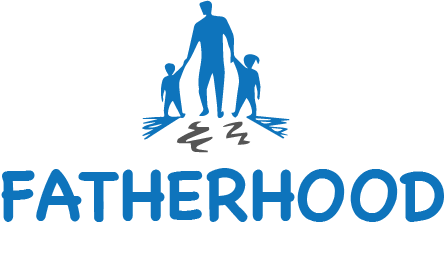Fatherhood Comparative Report
The results from the Gap-analysis indicate that fathers want and are in need of better service and information on becoming fathers. The result also shows that information material and courses on childcaring, the birth and more are not always accessible to fathers and are often more focused on the mother. Most of the fathers in all of the countries felt that mothers and women were more prepared for the role, and that they often had a better connection and ability to take care of the child the first weeks or months.
In all of the countries significant changes have happened in the last decade regarding the involvement of fathers with their children, with fathers in all of partner countries taking more interest and participation in their children’s life. It was also mentioned that because of those fast changes it was important to fathers to have courses or role models, as the role of fathers is vastly different today than when they were growing up. It was also interesting that the changes in society have not been as much in the government or in the custody systems, and many fathers feel that the system is biased towards women.
In all the partner countries custody is more often connected to the mother rather than fathers. Also important from the research is that fathers want to be more involved in their children’s life this can often be hard because of lack of support and economic factors. In all the partners countries some of the fathers felt they had the responsibility to be the financial provider of the home, and in some cases the fathers did not have the financial capability to spend as much time with their children as they liked. This problem is the labour market, and in the desk research and the interviews it was noticeable that women are much more likely to spend more time at home, take care of the home, and pull back on work after having a child.

